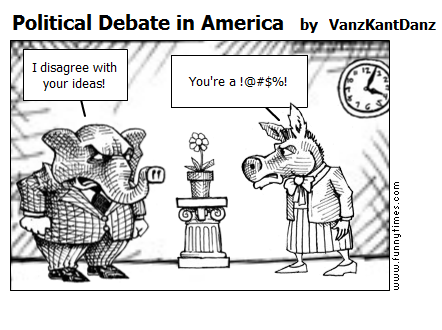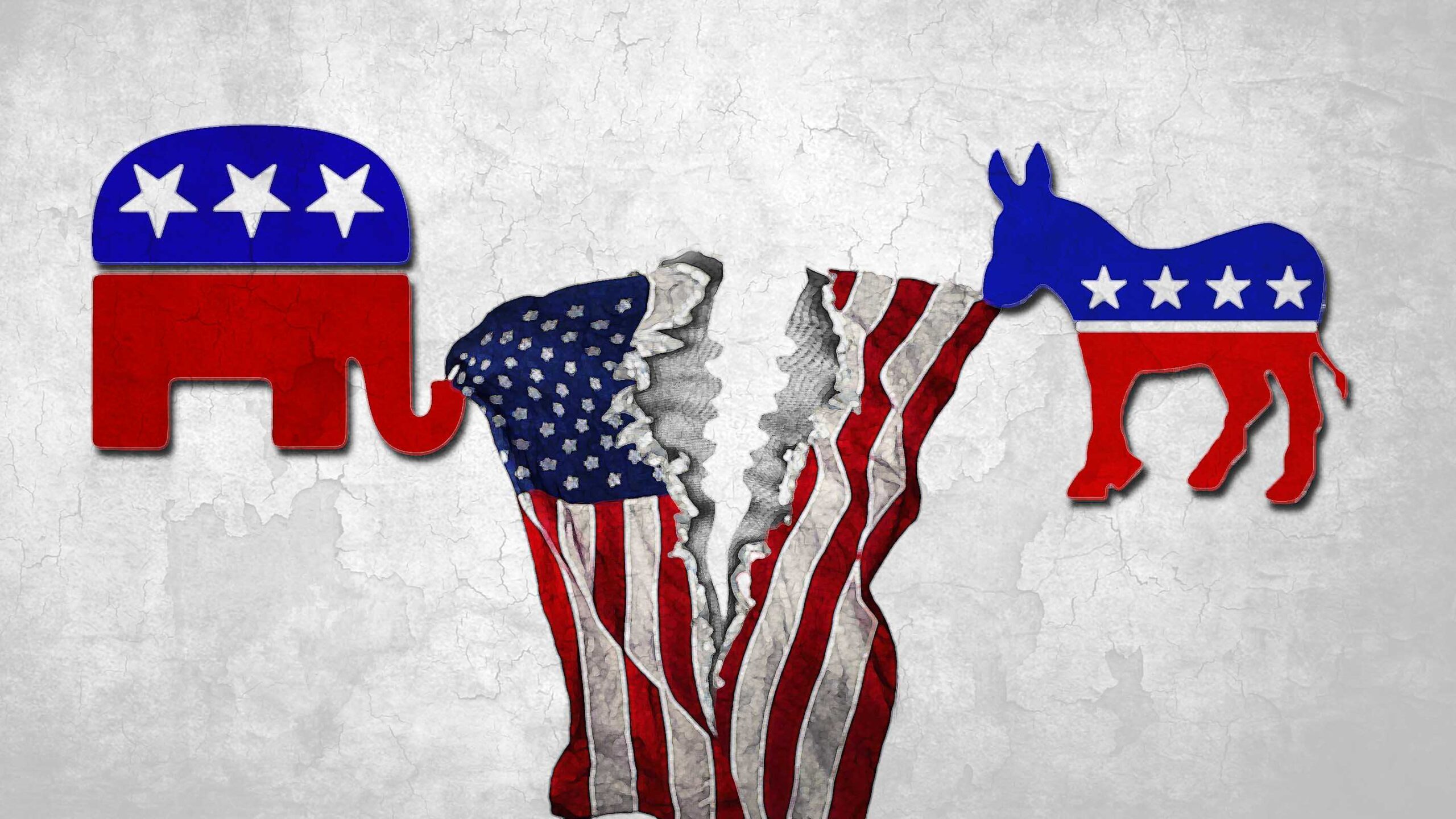Why Civil Political Discussions Are So Difficult and How to Foster Healthy Dialogue
Political Debate – We Don’t talk Anymore. In today’s highly polarized environment, engaging in civil political discussions often feels like navigating a minefield. Whether it’s on social media, in the workplace, or around the dinner table, conversations about politics can quickly devolve into negativity and hostility. But why is this the case, and how can we promote more constructive and respectful dialogue?
Political Debate – The Role of Political Polarization
Political polarization is one of the primary reasons for the breakdown in civil discourse. The growing divide between left and right has led to an “us versus them” mentality, where people view those with differing opinions as adversaries rather than fellow citizens. This polarization not only reduces the space for moderate views but also makes it difficult to find common ground.
How to Address It: To counteract polarization, it’s crucial to seek out diverse perspectives. Engaging with people who hold different views can help break down the barriers that polarization creates. Consider joining discussion groups or online forums where civil debate is encouraged, and a range of opinions is represented.
Political Debate – Social Media Echo Chambers Amplify Division
Social media platforms have become breeding grounds for echo chambers, where algorithms feed users content that aligns with their existing beliefs. This creates a loop of reinforcement that narrows perspectives and fosters a tribal mentality. In these echo chambers, people are less likely to encounter opposing viewpoints, which further entrenches their beliefs.
How to Address It: Diversify your social media feed by following people and organizations with differing viewpoints. This can help you gain a broader understanding of political issues and reduce the influence of echo chambers on your thinking.
Political Debate – Cognitive Biases Distort Perceptions
Cognitive biases, such as confirmation bias and the Dunning-Kruger effect, play a significant role in how we process information. These biases lead us to favor information that confirms our beliefs and dismiss information that contradicts them. Over time, this creates a distorted view of reality, making civil discussions difficult.
How to Address It: Recognize and challenge your cognitive biases. Approaching political discussions with humility and a willingness to learn can lead to more constructive conversations. Be open to the possibility that you might not have all the answers and that others may offer valuable insights.
Sensationalized Media Fuels Hostility
Sensationalized media, particularly left-leaning outlets, often frame political issues in a way that provokes emotional reactions rather than informed debate. This can create a skewed perception of reality, leading to increased hostility in political discussions.
How to Address It: Consume news from a variety of sources, including those that offer balanced and in-depth analysis. Question sensational headlines and seek out the full story to gain a more nuanced understanding of issues. Websites like AllSides and Media Bias/Fact Check can help you identify the bias in media outlets and find balanced news.
Political Debate – The Impact of Anonymity on Online Behavior
Anonymity online often emboldens people to express themselves in ways they wouldn’t in face-to-face interactions. This lack of accountability can lead to an increase in hostile behavior, making civil discussions even more challenging.
How to Address It: When engaging in online discussions, strive to maintain the same level of respect and decorum as in-person conversations. Remember that behind every comment is a real person with their own experiences and perspectives.
Tips for Promoting Healthy Political Discourse
- Practice Active Listening: Truly listen to what the other person is saying before formulating your response. This not only shows respect but also helps you understand their perspective.
- Focus on Common Goals: Shift the conversation from adversarial to collaborative by emphasizing shared values and common goals.
- Avoid Personal Attacks: Keep the discussion focused on ideas and policies rather than personal attributes. This fosters a more respectful and productive dialogue.
- Encourage Open-Mindedness: Approach each conversation with an open mind and a willingness to consider other perspectives. This can lead to more meaningful and less confrontational exchanges.
Political Debate – We Need to Talk
Civil political discourse is essential for a functioning democracy, yet it has become increasingly rare due to factors like polarization, social media echo chambers, cognitive biases, and sensationalized media. By promoting active listening, empathy, and open-mindedness, we can engage in more constructive political dialogue. Understanding and respecting differing opinions, while focusing on common goals, are key to fostering healthy and productive conversations about politics.
References:





